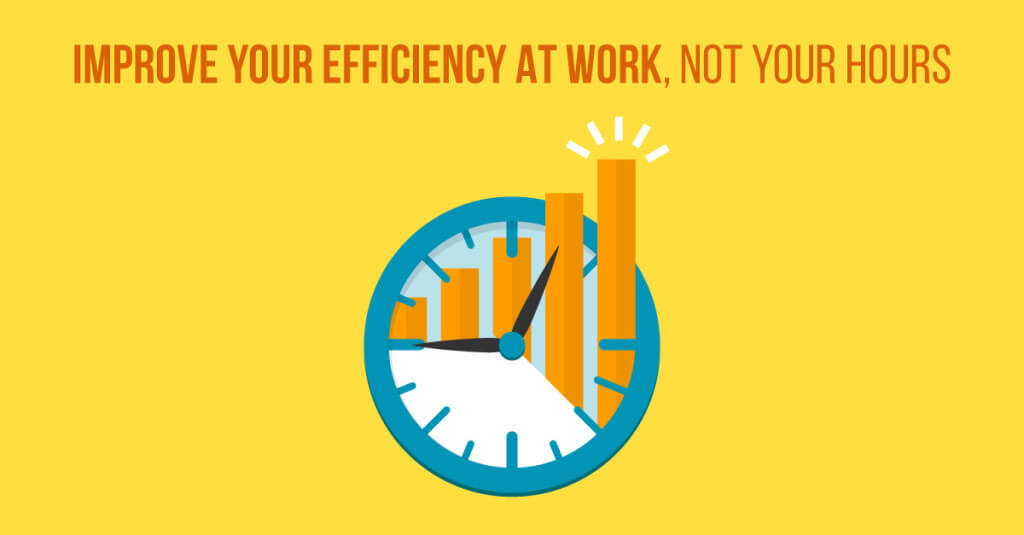
12 Dec Improve Your Efficiency At Work… Not Your Hours
[ad_1]
We all spend a lot of time at work, and many employees would do just about anything to spend less time at work when necessary. Unfortunately, they’re often having to stay late (in many cases of salaries workers, without any personal benefit) in order to complete tasks at hand or finish that one last project.
While some people enjoy staying late and burning the candle at both ends, many employees want to get home to their family, friends, and/or Netflix accounts. Similarly, many employers often look to cut back employee hours to reduce the amount of overtime they’re shelling out. Whether you’re the employee or the employer, however, there’s good news: it’s both possible and relatively simple to increase efficiency at work without increasing your hours.
Here’s 5 ways to do it.
1. Systemize Common Tasks
 There are some parts of your job that you’re going to do over and over and over—sometimes every day. Sometimes these tasks are dull, repetitive, and boring. When it comes to tasks that you do all the time, you can easily increase efficiency at work by systemizing them.
There are some parts of your job that you’re going to do over and over and over—sometimes every day. Sometimes these tasks are dull, repetitive, and boring. When it comes to tasks that you do all the time, you can easily increase efficiency at work by systemizing them.
You can create email templates you later customize for frequently asked questions, for example, or—if you’re an employer—you can come up with a recommended or required policy that breaks down how to complete a task in a way that optimizes efficiency.
I pride myself on being an efficient person and worker. As a freelancer, I more often get paid per project than I do per hour, which means that the more work I put out, the more money I make. To be able to make the most income, I systemize almost everything that I do so that I can produce the same high quality work my clients expect from me in the shortest amount of time possible. What this means is that I’ve found the most effective method for me of generating blog posts or content quickly; I start with the keyword research, create the bullet points, and have a system I use to get the research and generate the content that I need. This has increased my efficiency tenfold.
Not only did this increase efficiency, it also helps employees to make sure that they aren’t missing anything in a moment of oversight, either. This is hugely important for a repetitive task that happens again and again and again.
2. Set Immediate Goals for Tasks
Big projects and long days are daunting, which can render us inefficient. This is especially true when we go back and forth between tasks, which is unfortunately common as we’re encouraged to multi-task. When multiple tasks and projects loom overhead, it’s easy to bounce from thing to thing, becoming accidentally unproductive in the process.
Instead of working on a task until you just decide to switch, you can drastically increase efficiency at work when you set immediate goals for a task that are measured in results. You can’t switch to another project, for example, until you’ve answered half of the client emails or written out the first part of a marketing strategy. In my work, I often will tell myself I can’t take a break until I’ve written 400, 600, or 1000 words.
Not only does this give you a smaller, manageable goal, it also motivates you; knowing that you can finish the same amount of work quickly and then get a break often helps create boosts of efficiency you won’t believe.
3. Keep Your Space Organized
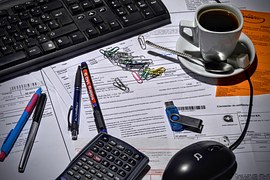 Keeping your immediate, personal work space organized can increase efficiency at work dramatically without affecting the amount of hours you spend there (except for the tidying-up). This includes keeping your computer and the files and programs on it organized, if relevant; I know that if I don’t, looking up past work (and sometimes future taxes) becomes a nightmare.
Keeping your immediate, personal work space organized can increase efficiency at work dramatically without affecting the amount of hours you spend there (except for the tidying-up). This includes keeping your computer and the files and programs on it organized, if relevant; I know that if I don’t, looking up past work (and sometimes future taxes) becomes a nightmare.
Having your workspace organized will benefit your productivity in two important ways. The first is that you’ll always know where things are; you won’t have to go digging for important papers or information every time you need it if everything has a place instead of being shoved into drawers. The second is that having an organized workspace eliminates distractions and automatically increases productivity and efficiency in the process.
Bonus: having a well-organized, tidy workspace leaves a better impression on clients, coworkers, and your boss; having a giant, disorganized mess doesn’t look so good.
4. Limit Your Meetings
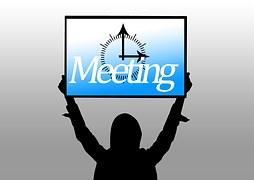 This comes as a surprise to a lot of people, but most types of meetings (particularly in-office) are major time wasters. Fans of the tv show “The Office” often can recognize that most meetings they go to in real life unfortunately resemble the meetings held by incompetent and chronic time-wasted Michael Scott (as much as we all love him).
This comes as a surprise to a lot of people, but most types of meetings (particularly in-office) are major time wasters. Fans of the tv show “The Office” often can recognize that most meetings they go to in real life unfortunately resemble the meetings held by incompetent and chronic time-wasted Michael Scott (as much as we all love him).
Some meetings are necessary. Touching base with your team as a group can build team unity and keep everyone on the same page, particularly when a change is underway or an issue needs to be addressed. Particularly if your team is all working remotely, group meetings just to touch base can be incredibly powerful.
That being said, for in-office agencies and companies, take a look at how much time your employees spend in meetings. Sometimes daily meetings can be reduced to bi-weekly meetings, allowing your employees to have more time to work on tasks and provide you with results. Change how meetings are run so that they’re over quicker while still being more efficient in providing the information your employees need
While employees may not always be able to choose how many meetings they sit through, they can also affect how efficient they are throughout them. Taking notes and making an effort to soak up the training sometimes offered in meetings initially will increase their efficiency at taking on the changes later.
5. Work in Measurable Chunks of Time
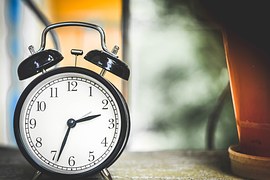 It’s just a fact that people are more productive and efficient when they work in measurable chunks of time, take a break, and then come back to it. Multiple studies have found that working in 90 minute chunks at a time, with breaks in between, increases efficiency.
It’s just a fact that people are more productive and efficient when they work in measurable chunks of time, take a break, and then come back to it. Multiple studies have found that working in 90 minute chunks at a time, with breaks in between, increases efficiency.
We all need a mental break sometimes. Doing so allows us to recharge and come back with more energy and gusto. So don’t forget to take that lunch break!
As discussed above, breaking tasks or the day into smaller pieces divides them into manageable chunks. This makes time go faster, and when you’re not just waiting around for the end of the day and finding something to do in the meantime, you’ll be amazed how efficient you (or your employees) become.
Final Thoughts
Few people want to spend more time in the office or at work than they have to; fortunately, it’s possible for to increase efficiency at work without increasing the time we spend there. In many cases, this may reduce the number of late nights we have to take to get our necessary tasks done, letting us be at home (or anywhere other than work) more than we are now.
How do you increase your efficiency at work without increasing your hours? Do you use any of the tips above? Leave us a comment and let us know what you think!
[ad_2]
Source link
Social Media Agency, Social Media, Digital Marketing, Digital Marketing Agency, Search Engine Marketing, SEO, digital marketing agency dubai, video content marketing, crossfit marketing dubai, video marketing dubai, digital marketing agency abu dhabi, facebook marketing dubai, facebook marketing abu dhabi, digital marketing agencies in dubai, social media agency, content marketing dubai, content strategy dubai, branding dubai

